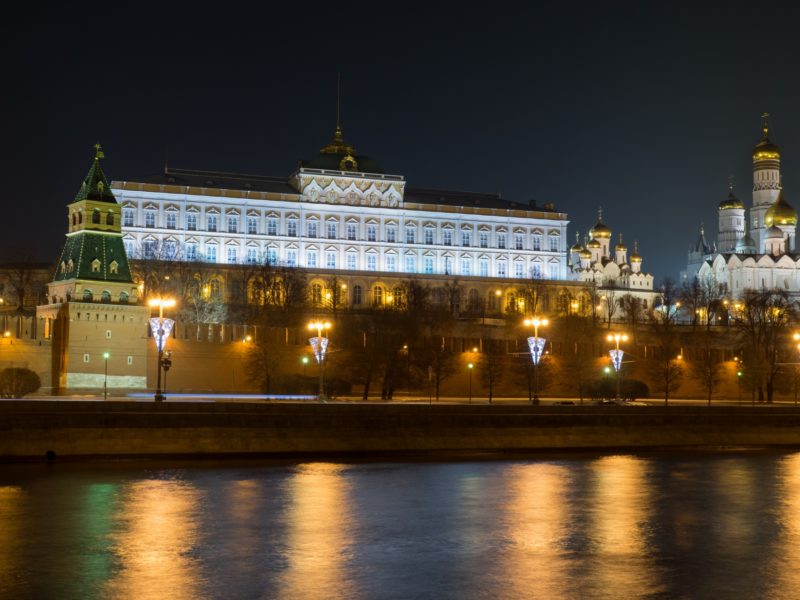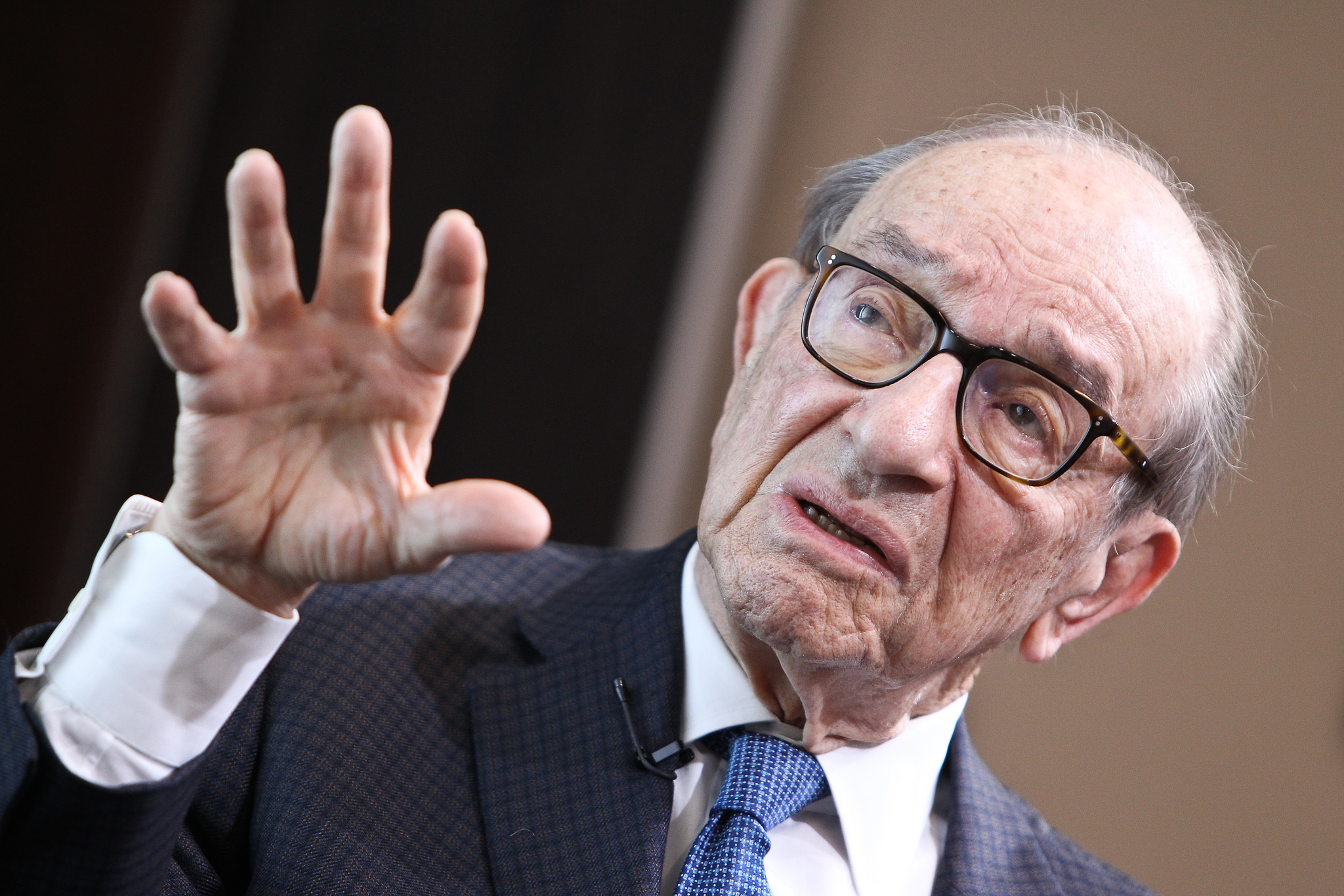Guest post by Scott Radnitz
Ukraine is run by Nazis. NATO is arming Ukraine as a proxy to invade Russia. America has been funding biolabs in Ukraine to create viruses that can infect Russia. In the past few months, Russian state media has been putting out lies and conspiracy theories like these in order to justify Russia’s war on Ukraine. In fact, for years the Kremlin has promoted conspiracy theories that depict Russia as a victim of various geopolitical machinations. The audience for these narratives is primarily domestic—even autocracies prefer to have popular support—but the Kremlin has also sought to disseminate its messages abroad through various media channels. How effective has this effort been?
My recent article in International Studies Quarterly points to barriers in the spread of conspiracy theories through the media but highlights the importance of geopolitical affinities among states as a basis for shared beliefs. I surveyed 1,000 people each in Georgia and Kazakhstan in 2017 and found that people who consume news from Russia are not more conspiratorial overall. However, when it comes to the conspiracy theories the Kremlin has pushed most aggressively, respondents in pro-Russian Kazakhstan, and especially ethnic Russians who live there, are most likely to endorse them.
Russia in the Putin era has sought to convince the world that it has been cruelly mistreated by the West since the Soviet collapse. Its narrative is often conspiratorial, involving malevolent and grandiose plots by actors including the US, NATO, the CIA, and George Soros, to weaken, throttle, or dismember Russia. The Kremlin has worked to ensure that Russians believe that the West is plotting against them, and has targeted audiences abroad, especially in countries with Russian-speaking populations.
Despite their differences—Kazakhstan is generally aligned with Russia on geopolitical matters and has a large population of ethnic Russians whom the Kremlin targets to foster pro-Russian sentiment, while Georgia is largely pro-West and generally resistant to Russian soft power—respondents from both countries were inclined to believe a wide variety of conspiracy theories. These include conspiracies about malevolent cabals that secretly control world events, and that the government perpetrates acts of terrorism on its own soil. Georgians were more conspiratorial overall, but Kazakhstanis were more likely to endorse three pro-Russian geopolitical claims: America supports fascists in Ukraine, the 9/11 attacks were perpetrated by the American government, and the US employs non-governmental organizations to overthrow governments in the former Soviet Union.
Surprisingly, however, the Russian media is not the main influence on people’s beliefs. Instead, two factors mattered. First, Russian Kazakhstanis were more likely to believe Russia’s geopolitical conspiracy theories (about NGOs and fascists) than non-Russian Kazakhstanis. I argue that this is because they maintain informal cultural and family ties to citizens in Russia and are more exposed to official Russian narratives, leading them to sympathize with Russia’s foreign policy goals.
A second important finding relates to people’s orientation toward the state. Past research has established how alienation, cynicism, and distrust are associated with conspiracy belief. In the context of the post-Soviet region, I found that people who do not trust their government, consider it nondemocratic, believe politics in their country is faring poorly, and (in Kazakhstan) report having paid a bribe, were more likely to believe both generic and geopolitical conspiracy theories.
What do these findings imply for Russia’s “information war”? Belief in conspiracy theories is widespread in the region, so people are potentially susceptible to claims that build on their suspicious worldviews. Yet, despite the Kremlin’s prolific use of conspiracism in the media, the attitudes of Georgians and Kazakhstanis cannot be attributed to Russian propaganda. Their openness to conspiracy theories instead appears to stem from their quotidian experiences with corruption, malfeasance, and abuse by those in power.
When disseminating propaganda, the Kremlin is best able to reach those who are already sympathetic to its foreign policy. This is consistent with abundant research showing that people tend to believe conspiracy theories that accord with their preexisting views and identities, via motivated reasoning, just as with other political beliefs.
Contrary to the heightened concern about the allure of Russian propaganda on television and social media, Russia faces challenges in delivering its messages to audiences in its own geopolitical backyard. People are subject to diverse and often competing communications from domestic media and personal encounters. A state’s actions can also work at cross-purposes with its messaging. For example, people who have seen images of civilians executed by Russian soldiers in Ukraine are likely to resist narratives in which Russia casts itself as a victim. Thus, “sharp power”—the use of informational tools by authoritarian states to gain leverage over unsuspecting publics abroad—may be less a threat than is generally assumed. Russia’s struggles to shape opinions in its “near abroad” mirror the poor performance of states with fewer linkages and tarnished reputations in the regions where they seek to exert influence, a lesson the US has learned in the Middle East and Latin America.
Even within Russia, it is unclear how much citizens accept the government’s rationale for the war, or simply censor themselves out of fear. The fact that Russians, like many Georgians and Kazakhstanis, have grounds to distrust their politicians implies that they may ingest domestic propaganda with a healthy dose of cynicism. Governments have the means to inundate their audiences with their preferred messages, but they ultimately cannot dictate what people choose to believe.
Scott Radnitz is an Associate Professor of Russian and Eurasian Studies in the Jackson School of International Studies at the University of Washington. He is the author of Revealing Schemes: The Politics of Conspiracy in Russia and the Post-Soviet Region (Oxford, 2021).






